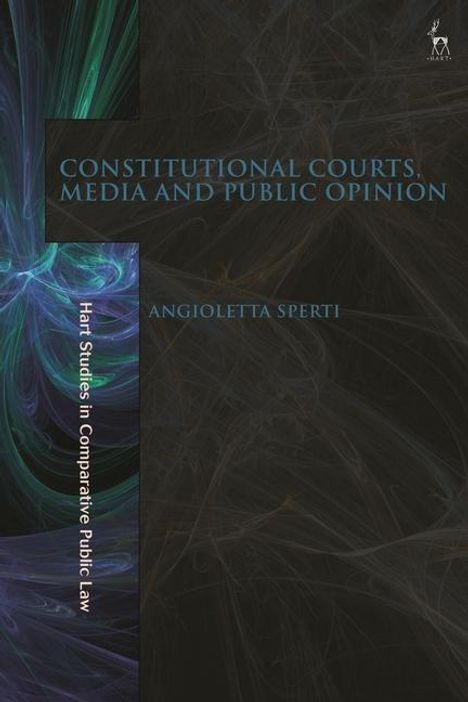Angioletta Sperti: Constitutional Courts, Media and Public Opinion, Kartoniert / Broschiert
Constitutional Courts, Media and Public Opinion
(soweit verfügbar beim Lieferanten)
- Verlag:
- Hart Publishing, 06/2025
- Einband:
- Kartoniert / Broschiert
- Sprache:
- Englisch
- ISBN-13:
- 9781509953646
- Artikelnummer:
- 11902113
- Umfang:
- 254 Seiten
- Gewicht:
- 454 g
- Maße:
- 234 x 156 mm
- Stärke:
- 25 mm
- Erscheinungstermin:
- 5.6.2025
- Hinweis
-
Achtung: Artikel ist nicht in deutscher Sprache!
Klappentext
This book explores how constitutional courts have transformed communication and overcome their reluctance to engage in direct dialogue with citizens.
How has the information revolution affected the relationship of constitutional courts with the public and the media? The book looks in detail at the communication strategies of the US Supreme Court, the Supreme Court of Canada, and in Europe the German Federal Constitutional Tribunal, the French Conseil Constitutionnel and the Italian Constitutional Court, arguing that when it comes to the relationship between courts and the media, different jurisdictions share many similarities. It focuses on the consequences of the communication revolution of courts both in terms of their relationship with public opinion and of the legitimacy of judicial review of legislation.
Some constitutional courts have attracted criticism by engaging in proactive communication and, therefore, arguably yielding to the temptation of public support. The book argues that objections to the developing institutional communications employed by courts come from a preconceived notion of public opinion. It considers the burden the communication revolution has placed on constitutional courts to achieve a balance between transparency and seclusion, proximity and distance from public opinion. It puts forward important arguments for how this balance can be achieved.
The book will interest scholars in constitutional law and public comparative law, sociologists, historians, political scientists, and scholars of media law and communication studies.

